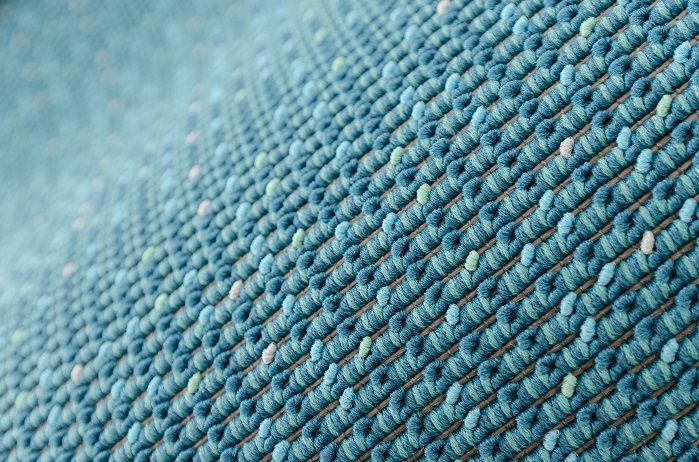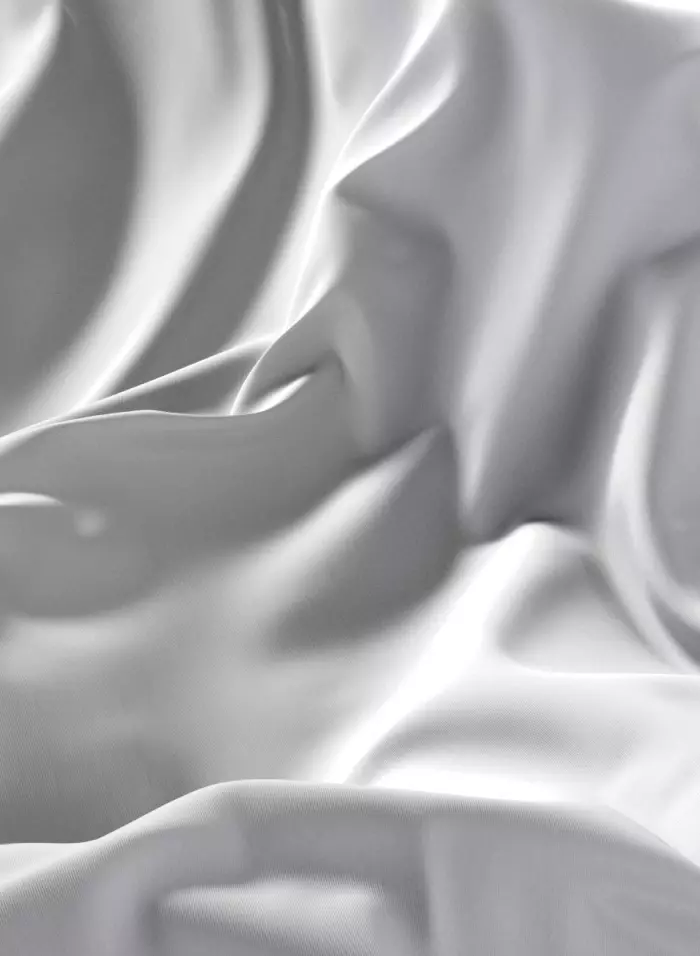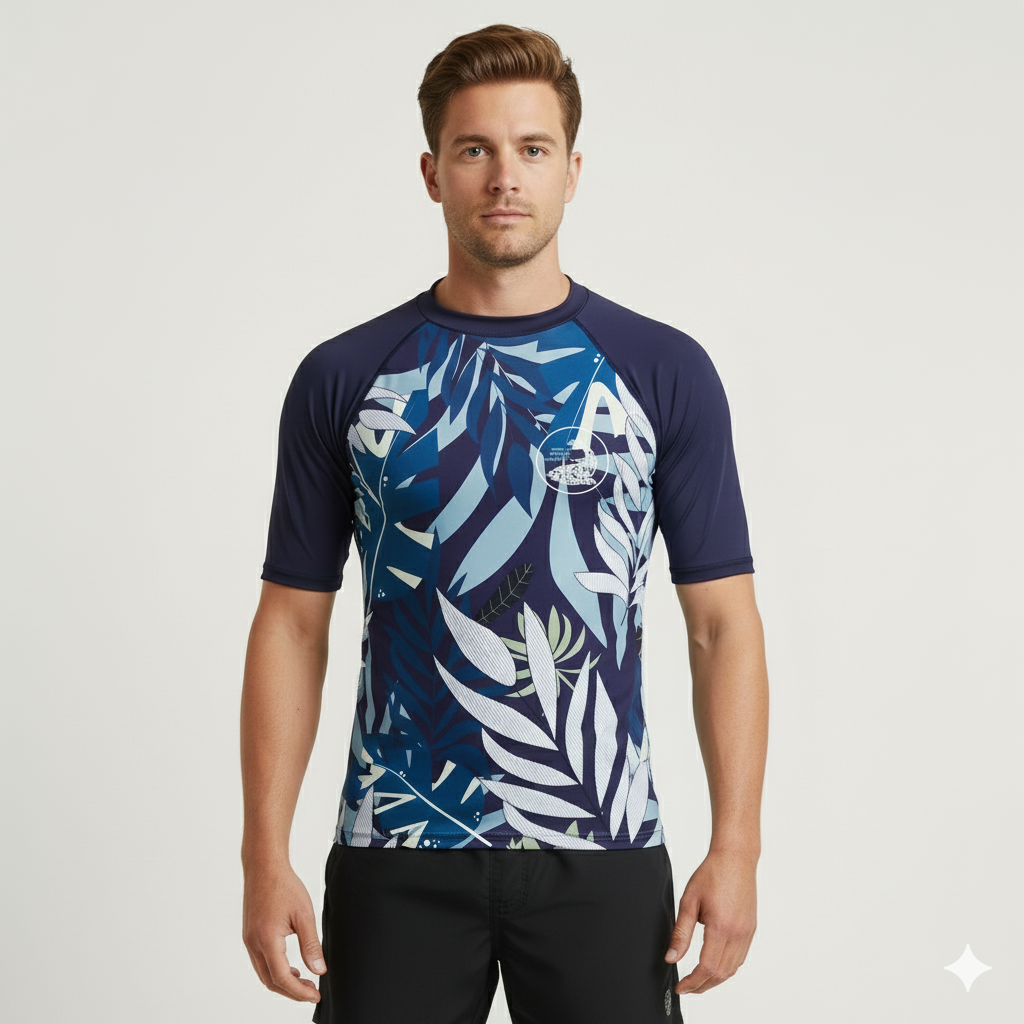Home > Sustainability

Sustainable Sportswear Manufacturing for Brands in Europe
On-demand production using certified fabrics, ethical labor, and waste-minimized processes. Built for performance brands, not fast fashion.
What “sustainable” means here:
Materials
- Recycled polyester from post- and pre-consumer plastic
- Certified technical fabrics suitable for sublimation
- Preference for mono-material constructions for recyclability
Production
- On-demand manufacturing.
- Digital print and cut workflow to reduce fabric waste
- EU-based production under labor regulations
Compliance
- GRS certified fabrics
- OEKO-TEX certified inks and materials
- European labor standards

WHY THIS MATTERS FOR YOUR BRAND
Lower Risk
- No overproduction
- Small MOQs
- Faster product validation
Lower waste
- No dead stock
- Minimal cutting waste
- Reduced transport footprint via EU production
Higher Brand Value
- Verifiable sustainability claims
- Transparent supply chain
- Ready for B2B and teamwear markets

OUR MANUFACTURING PROCESS
Linear. Visual friendly. Numbered.
Direct shipping to brand or distributor
Fabric selection from certified suppliers
Digital design and sublimation printing
Precision cutting with waste optimization
Ethical assembly in EU facility
Quality control and packing
Traditional Sportswear Manufacturing
- Large MOQs
- Offshore production
- Overstock risk
- Weak traceability
Sportswear of Tomorrow
- On-demand
- EU manufacturing
- Certified inputs
- Transparent process
New! Sportswear of Tomorrow is working closely with fabric suppliers in Europe and the rest of the world to introduce better alternatives than recycled polyester fabrics to the world.
Biobased or biodegradable fabrics.
We now offer select biobased and biodegradable fabrics from certified suppliers for sustainable sportswear production. These fabrics meet performance criteria for sublimation and technical wear and are sourced under traceable standards.
Here are some examples:
CORN
SUGAR
BANANA-LEAFS
COFFEE-GROUNDS
TURF
ALGAE
BIOTURF
CO2TEX
BIOBASE
FUNGALFIBERS
BIOCOAT
DEGRATEX
We’re leading the change in sustainable fashion by expanding our range to include innovative bio-based materials alongside our signature recycled ocean waste and plastic bottle fabrics. Our commitment to eco-friendly practices is unwavering.
Textile-to-textile fabrics (T2T)
Sportswear of Tomorrow, together with its suppliers around the globe are introducing T2T fabrics for sportswear. The whole process is certified. The fabric is produced from fabric scraps in China and converted to suitable fabrics.
Register as a customer to learn even more about recycled fabrics for sportswear.
